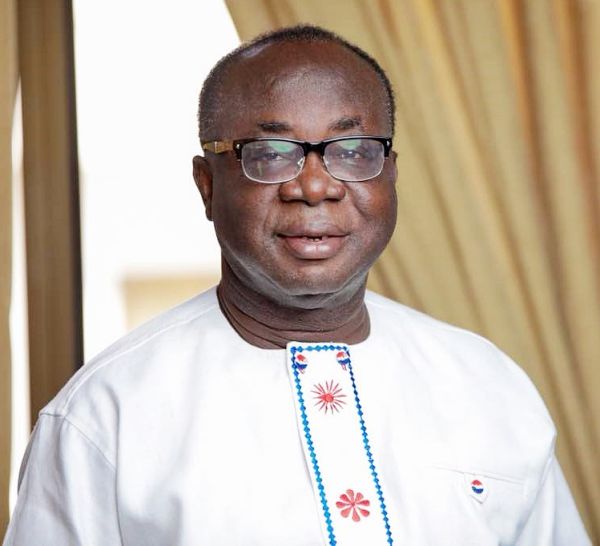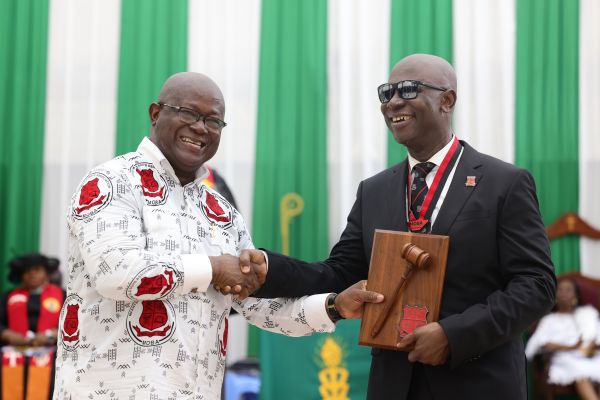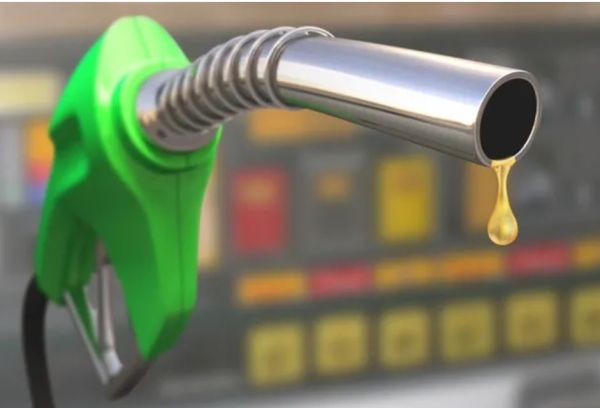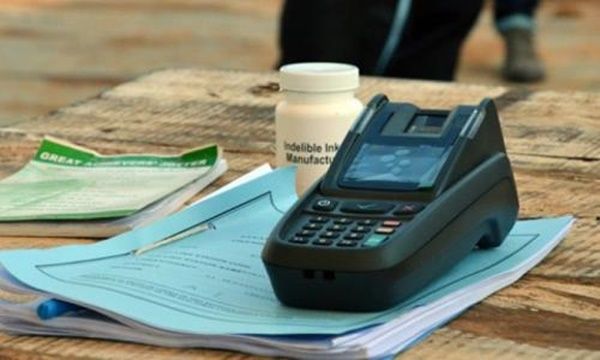
TikTok has been given 24 hours to respond to the European Commission over a version of the app which pays users for viewing videos.
TikTok Lite launched in France and Spain this week.
European Commissioner Thierry Breton has compared it to the idea of "light" cigarettes, asking whether it was "as addictive and toxic."
TikTok said in a statement it would "respond to the request for information."
It says it does not currently have plans to launch the Lite app in other countries in Europe.
A slimmed-down version of the normal platform, Lite's Task & Rewards feature pays users the equivalent of a few pence per day for watching videos and engaging on the app.
The European Commission has asked TikTok for details of the risk assessment it carried out before launching the feature.
Its concerns relate to the impact on children, mental health and addiction.
The Commission says it wants information "about the measures the platform has put in place to mitigate such systemic risks," and has given a deadline of 26 April.
Under the Task & Rewards feature, users can earn coins for "tasks" such as watching, liking or sharing videos.
According to TikTok, the maximum daily screen time eligible for rewards is one hour, while users will not be able to earn more than about €1 (£0.85) per day.
Users will also have to prove they are over 18 years old in order to earn rewards.
According to French newspaper Le Monde, which has tested the feature, users can only earn rewards on videos suggested by their algorithmic feeds and not videos which they search for specifically.
"The users have no choice," the newspaper says. "Only viewing content proposed by the application is rewarded."
The report also compared the feature to a video game, "showering its players with rewards according to their activity to keep them coming back."
The rewards programme is a "completely different approach" to pursuing social media's goal of keeping people engaged, according to Dr Sarah Hodge, a cyberpsychologist at Bath Spa University.
"They're making it much more explicit and rewarding people... much more openly," Dr Hodge, who is a specialist in gaming and digital addiction, told the BBC.
She added that the rewards could have a big effect despite being small in financial terms.
"It is very motivating and enjoyable to get rewards, and I think it just keeps pulling us back," she said.
This may be problematic for those who are trying to reduce their time on the app.
"If [somebody] were trying to reduce the time they're spending on it and there are these extra things to try and people keep people engaged, that is going to cause friction," said Dr Hodge.
The EU vs TikTok
The EU's Digital Services Act, which came into force last year, gave the bloc more power to take on big tech companies.
It is under these new laws that the Commission has demanded answers from TikTok.
In February, the Commission opened formal proceedings against the social media company, investigating whether it had broken rules including those on data protection, protection for children and policing harmful content.
At the time, TikTok said it would cooperate with the investigation and continued to work with experts in online safety.










